Tackling Tuberculosis in South Africa: Challenges and Innovations in Treatment Access
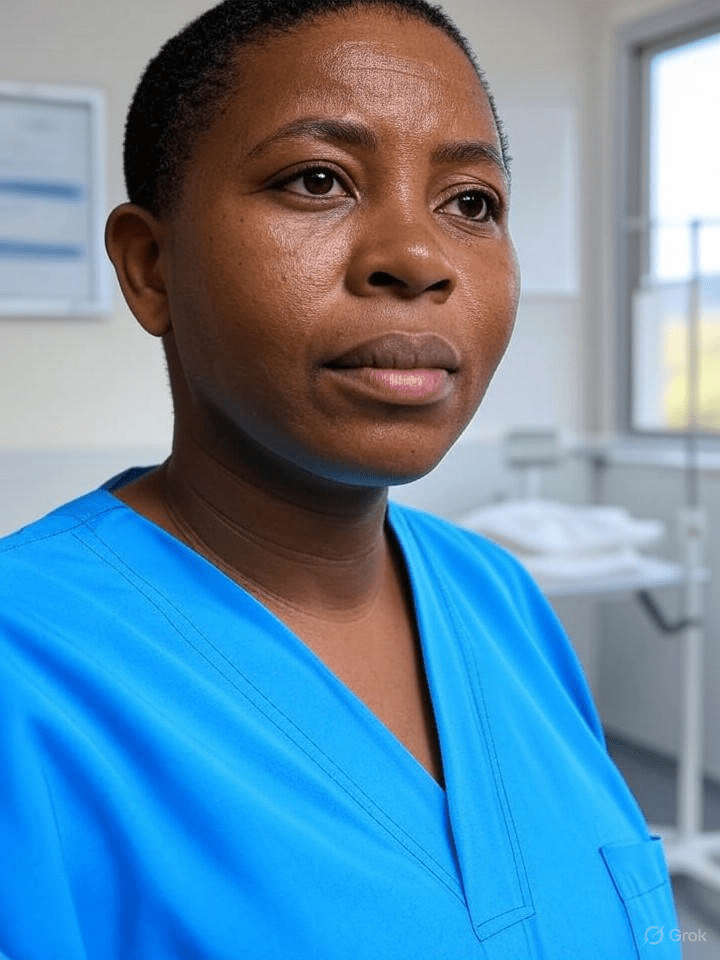
**Excerpt/Summary (43 words):**
Tuberculosis (TB) poses a major public health challenge in South Africa, exacerbated by healthcare access barriers, socioeconomic disparities, and multi-drug resistant TB (MDR-TB). This article explores systemic issues, innovative diagnostics like Xpert MTB/RIF, and recommends policy reforms and integrated healthcare strategies to improve outcomes.
Unraveling the Mystery: Exploring the Presence of Lyme Disease in Australia

This article examines the controversial status of Lyme disease in Australia, a tick-borne illness prevalent in the Northern Hemisphere. Despite no conclusive evidence of locally acquired cases, persistent Lyme-like symptoms among Australians highlight the need for enhanced research, better diagnostics, and improved public health strategies.
Lyme Disease in Jamaica: Exploring Potential Risks and Awareness in the Caribbean
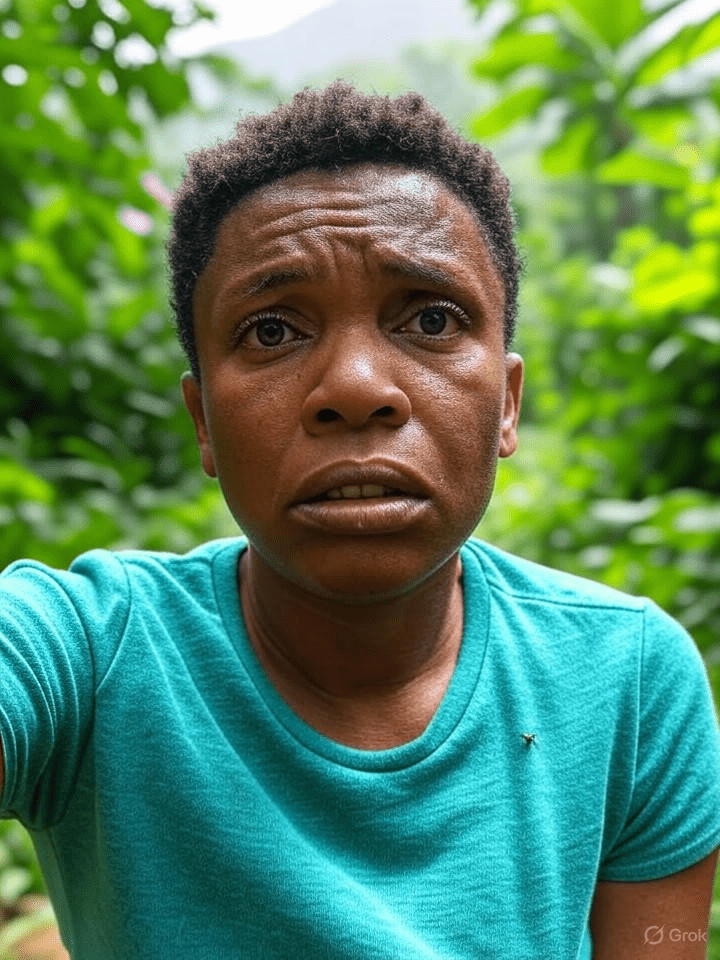
**Excerpt/Summary:**
This article explores the potential risk of Lyme disease in Jamaica and the Caribbean, despite no confirmed cases. It highlights ecological, socioeconomic, and health system challenges, emphasizing the need for enhanced surveillance, public education, and diagnostic capacity to address possible future risks due to tick vectors and global travel.
Lyme Disease in Sweden: Emerging Challenges and Public Health Responses

**Excerpt/Summary (39 words):**
This article explores Lyme disease in Sweden, highlighting its rising incidence, diagnostic challenges, and climate change impacts. It discusses epidemiology, public health responses, and recommends enhanced surveillance, awareness, and integrated strategies to address this growing tick-borne threat.
Lyme Disease in Iceland: Understanding Rare Cases and Importation Risks

This article examines Lyme disease in Iceland, a rare condition with no local transmission due to the absence of suitable tick vectors and harsh climate. Cases are primarily imported through international travel, emphasizing the need for traveler education, enhanced surveillance, and monitoring of climate change impacts.
Lyme Disease in Australia: Unraveling the Mystery of Local Transmission
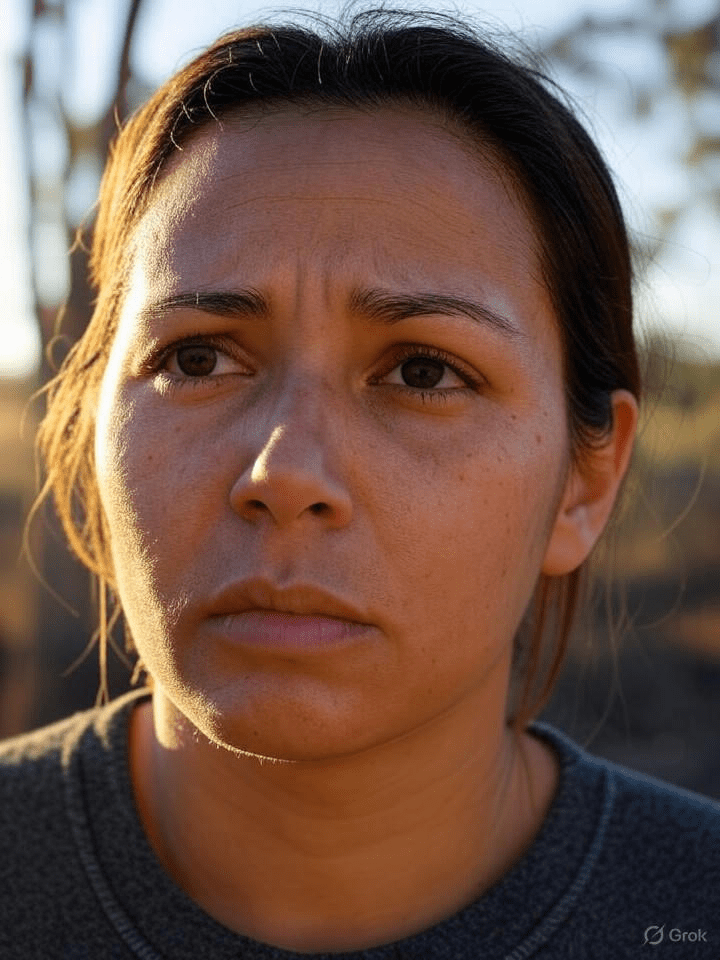
This article examines the unresolved mystery of Lyme disease in Australia, where its local transmission remains unconfirmed despite reports of Lyme-like symptoms. It discusses ecological differences, diagnostic challenges, and the need for enhanced surveillance, standardized diagnostics, and interdisciplinary research to address potential tick-borne illnesses.
Lyme Disease in the United States: Emerging Trends and Public Health Challenges
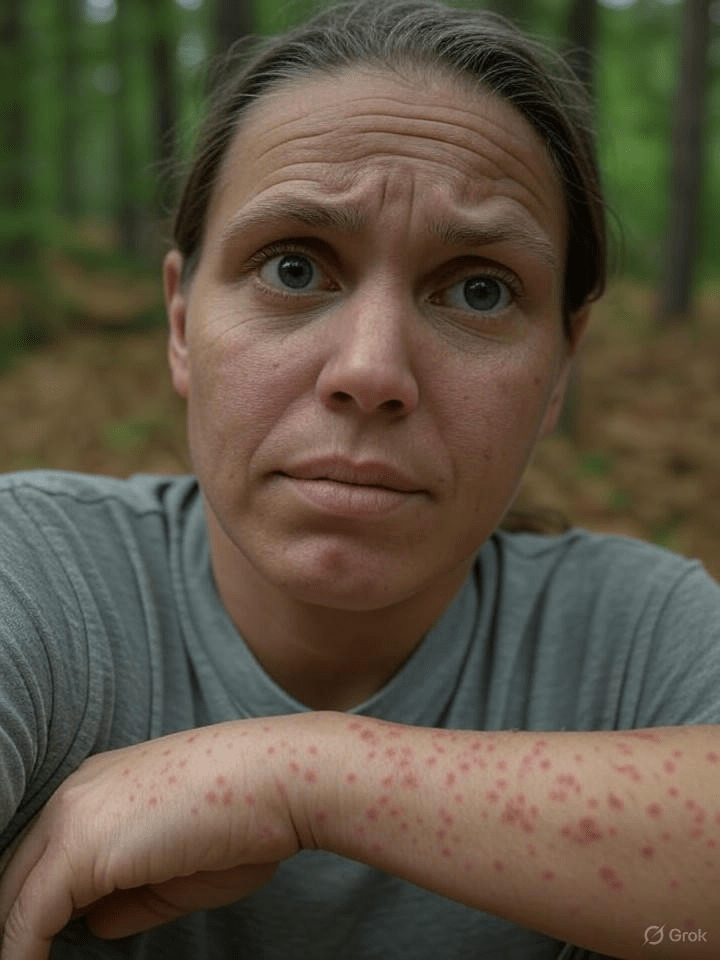
**Excerpt/Summary (38 words):**
Lyme disease, the most prevalent vector-borne illness in the U.S., is spreading due to climate change and land use changes. Challenges include underreporting, diagnostic issues, and lack of a human vaccine, necessitating improved surveillance and prevention strategies.
Addressing the Rising Burden of Diabetes in South Africa: Challenges and Opportunities for Public Health Intervention

This article addresses the escalating burden of type 2 diabetes in South Africa, affecting 4.6 million adults and surpassing tuberculosis as the leading cause of death. It highlights challenges like healthcare access, socioeconomic disparities, and lifestyle factors, proposing public health interventions, policy reforms, and technology-driven solutions to combat the epidemic.
Addressing the Rising Burden of Diabetes in India: Challenges and Strategies for Prevention
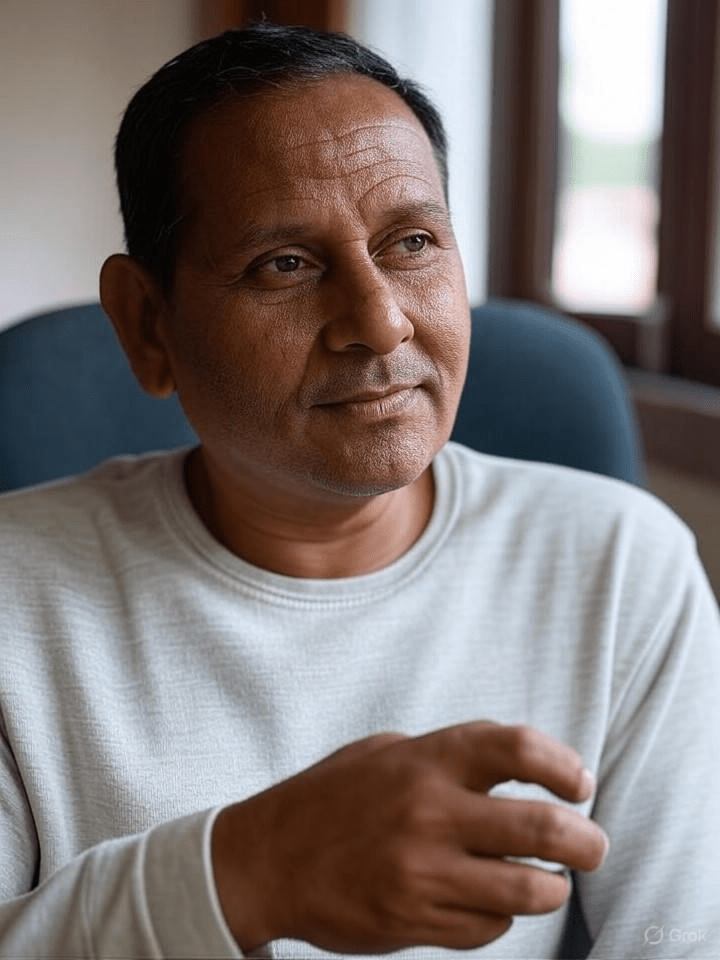
**Excerpt from the Article on Diabetes in India**
India, dubbed the “diabetes capital of the world,” faces a rising epidemic with 77 million affected in 2019, potentially exceeding 100 million by 2030. This paper examines the socioeconomic, healthcare, and policy challenges driving the crisis, proposing urgent public health interventions and multi-sectoral strategies to curb its impact.
Battling Malaria in Kenya: Challenges and Strategies for Eradication
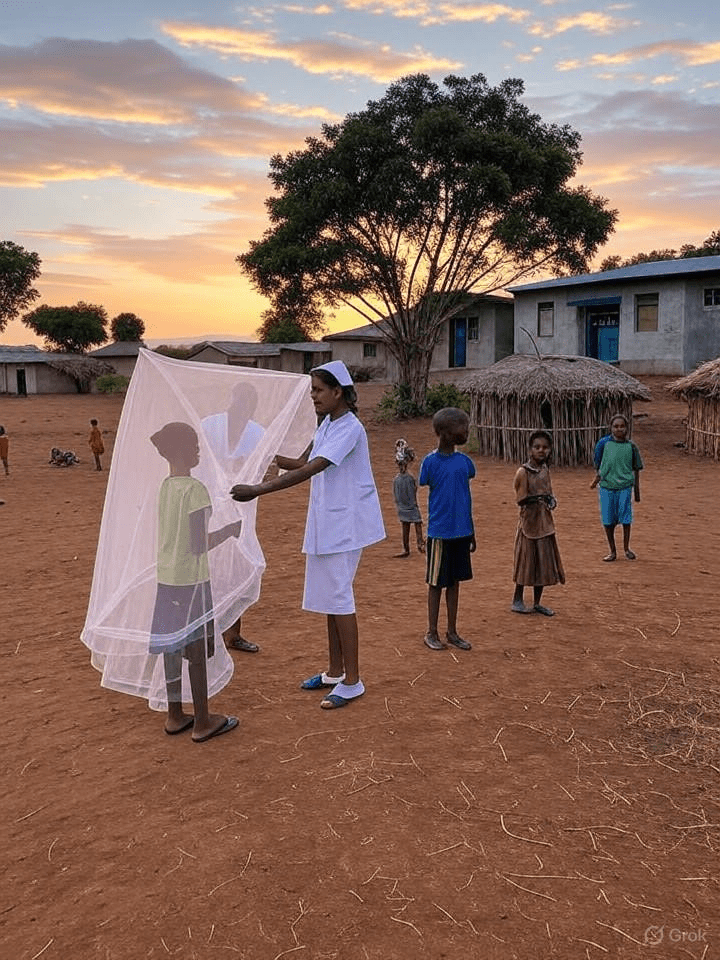
Introduction Malaria remains one of the most significant public health challenges in sub-Saharan Africa, with Kenya bearing a substantial burden of the disease. As a tropical country with diverse ecological zones conducive to the proliferation of the Anopheles mosquito—the primary vector for malaria transmission—Kenya reports millions of cases annually, disproportionately affecting vulnerable populations such as […]
